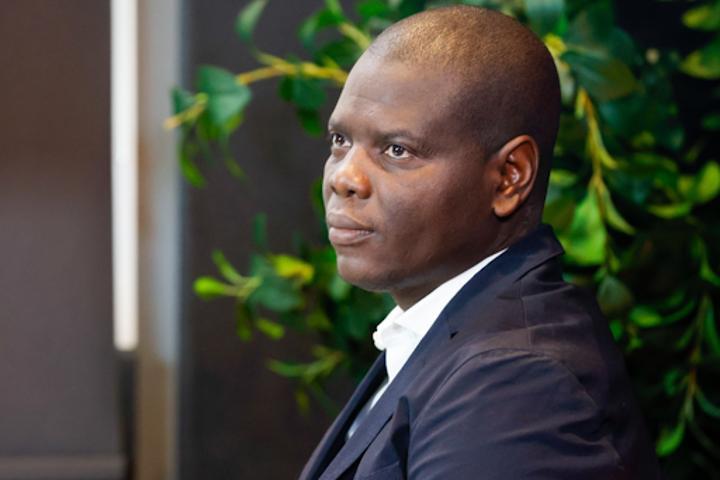Africa-Press – South-Africa. Minister of international relations and co-operation Ronald Lamola says South Africa has no regrets and was fully aware of the consequences of taking Israel to the International Court of Justice (ICJ) for genocide, a move that has strained relations with the US.
The US opposed SA’s genocide case under President Donald Trump and former president Joe Biden.
In February, Trump signed an executive order to cut US financial assistance to SA, citing the country’s ICJ case and its alleged “genocide” of white farmers. The US also imposed 30% tariffs on SA imports.
However, despite the fallout, Lamola said the country has no regrets about taking Israel to the ICJ to prevent genocidal acts against Palestinians.
In an interview with Sowetan’s In The Know podcast, Lamola said SA knew repercussions would arise from the case.
“We can never regret having stood and defended the UN Charter. Even the UN secretary-general continues to champion and support this.
“As you have seen, even some countries in the West that were critical of South Africa’s position are singing the same tune about human rights violations in Gaza and the genocide unfolding. There can’t be regrets because any country will accept solidarity when they are under siege,” he said.
In July, foreign ministers of several countries, including three G7 states, released a joint statement on their intentions to present at the UN General Assembly in September their plans to recognise the Palestinian state, which would have the West Bank as part of its territory.
In their joint statement, the foreign ministers of France, Canada, Norway, Spain, Australia, New Zealand, Portugal, Ireland, Slovenia, Luxembourg, Malta, Iceland, Andorra and Finland demanded an immediate ceasefire and the unconditional release of hostages held by Hamas, including the deceased, while also demanding humanitarian aid must be delivered without hindrance.
Lamola said SA expected there would be consequences as it stood by its principles regarding human rights.
“We knew there would be consequences. Obviously, we will never know the degree, but we also understood at the time, and the international community knew, South Africa was vindicating the UN Charter and international human rights law.
“Obviously, we expected some repercussions, but we expected they would be within the confines of the rules based on international law.
“The world’s biggest superpowers expect you must align with them in one way or the other, but SA’s position has always been that we are not anti-Western society, but we stand in our national interest informed by our constitution on human rights and that continues to guide our international [relations].”
Lamola said SA remained widely respected as a moral compass on the global stage, not only for its case at the ICJ over the war in Gaza but also for its peace interventions across Africa, including in the Democratic Republic of Congo, South Sudan, Ethiopia and Mozambique.
“When everyone was quiet on the issues concerning Gaza, SA stood up and the world continues to respect SA, not only for Gaza but also for its role on the African continent. SA remains highly regarded and respected for its moral standing and for standing firm on its principles,” Lamola said.
Asked if he thought the country could mend relations with Washington, Lamola admitted the future was uncertain.
“No-one knows. The US administration is unpredictable. We can’t say with certainty we will mend relations, but we remain open to engaging and to do so in line with a mutually beneficial relationship.
“The US is SA’s second biggest trading partner. We would be irresponsible or reckless if we did not continue to open lines of engagement.”
Earlier this month, the US imposed a 30% unilateral tariff on SA. Countries such as Lesotho and Zimbabwe were hit with a 15% tariff.
In response, cabinet approved a revised trade offer to the US, which minister of trade, industry and competition Parks Tau said not only seeks to resolve the dispute but also carries implications for more than 130 other trading partners that risk redirecting goods into the SA market.
For More News And Analysis About South-Africa Follow Africa-Press






